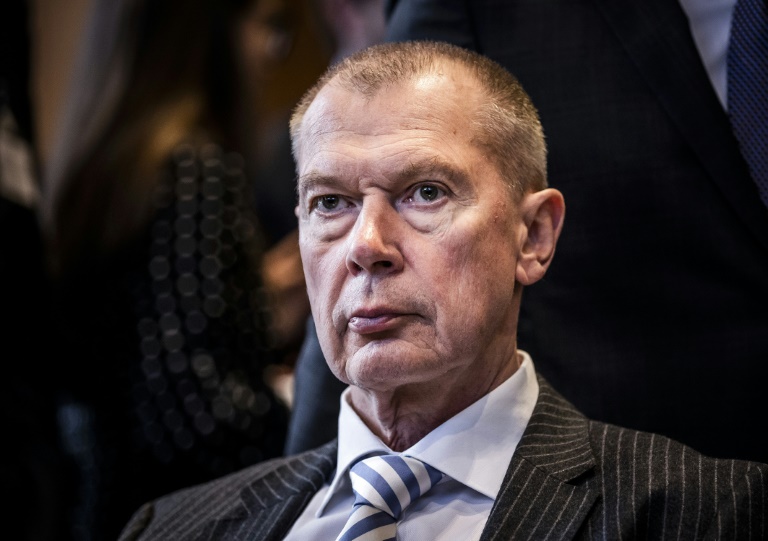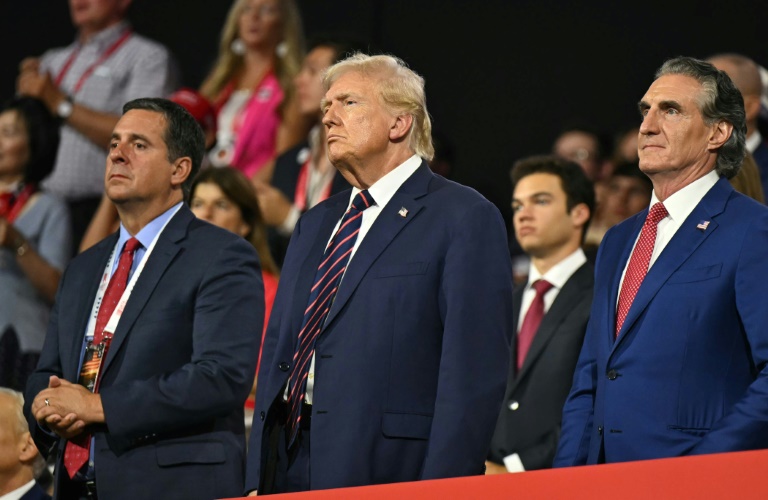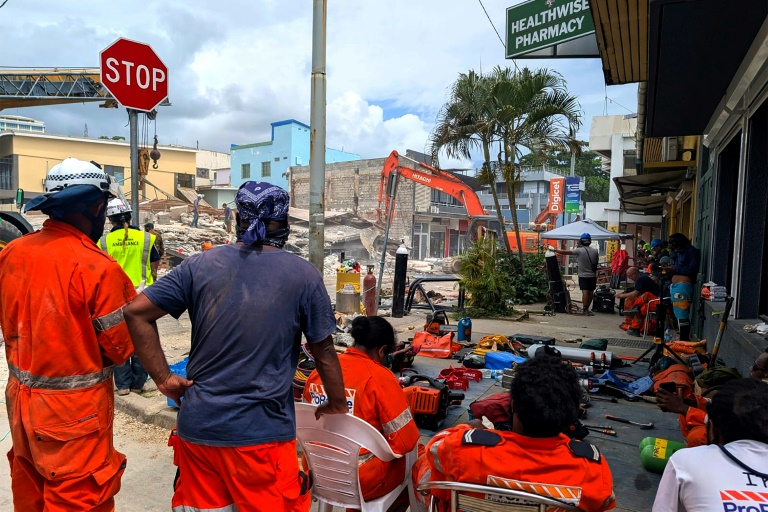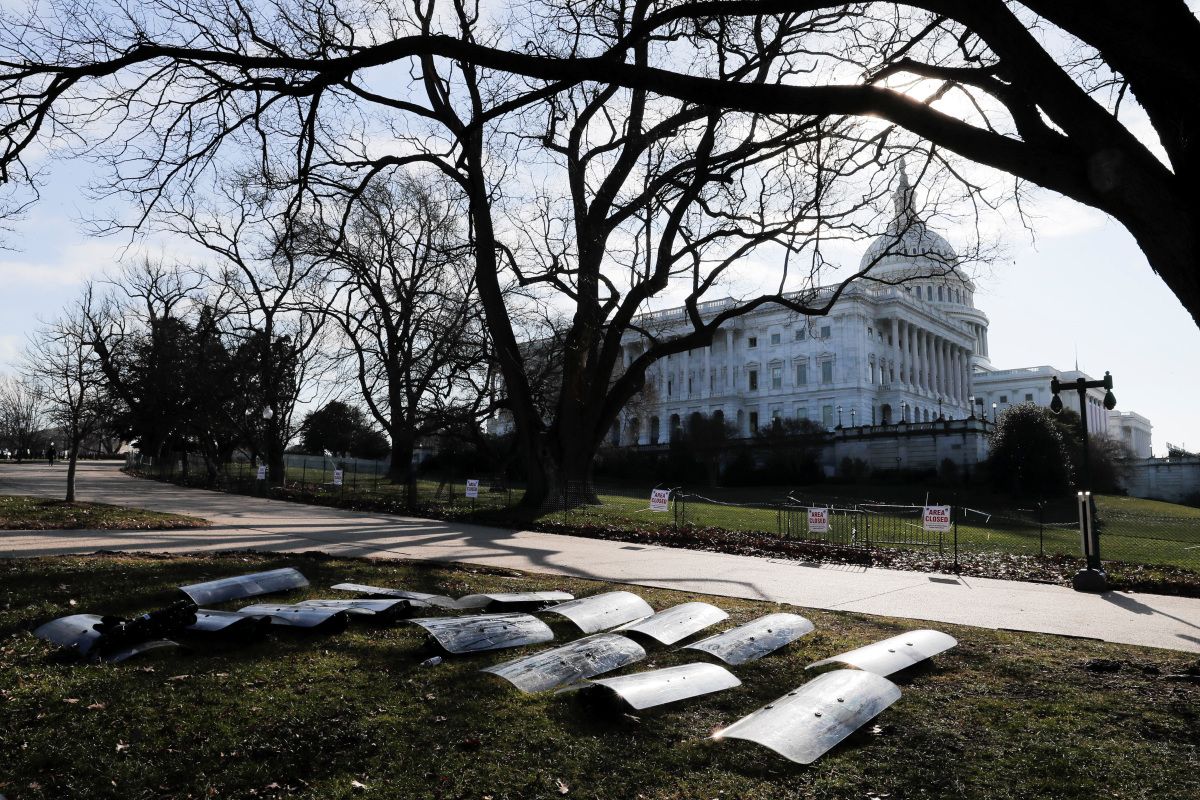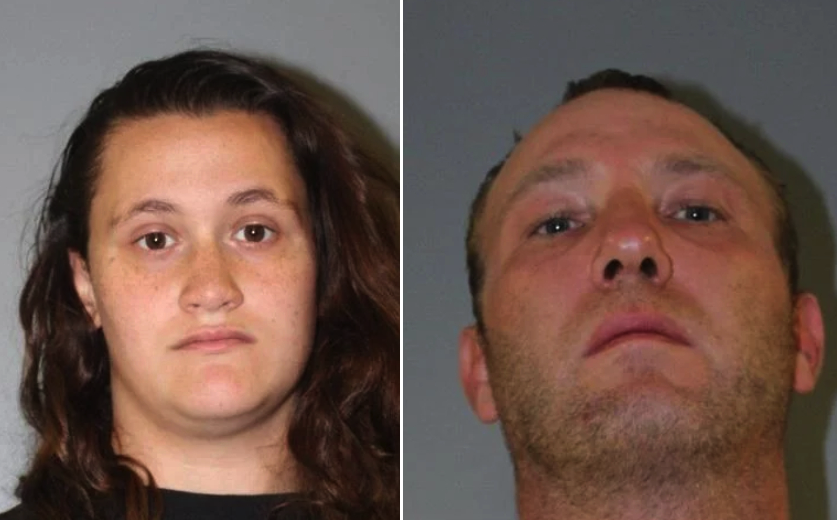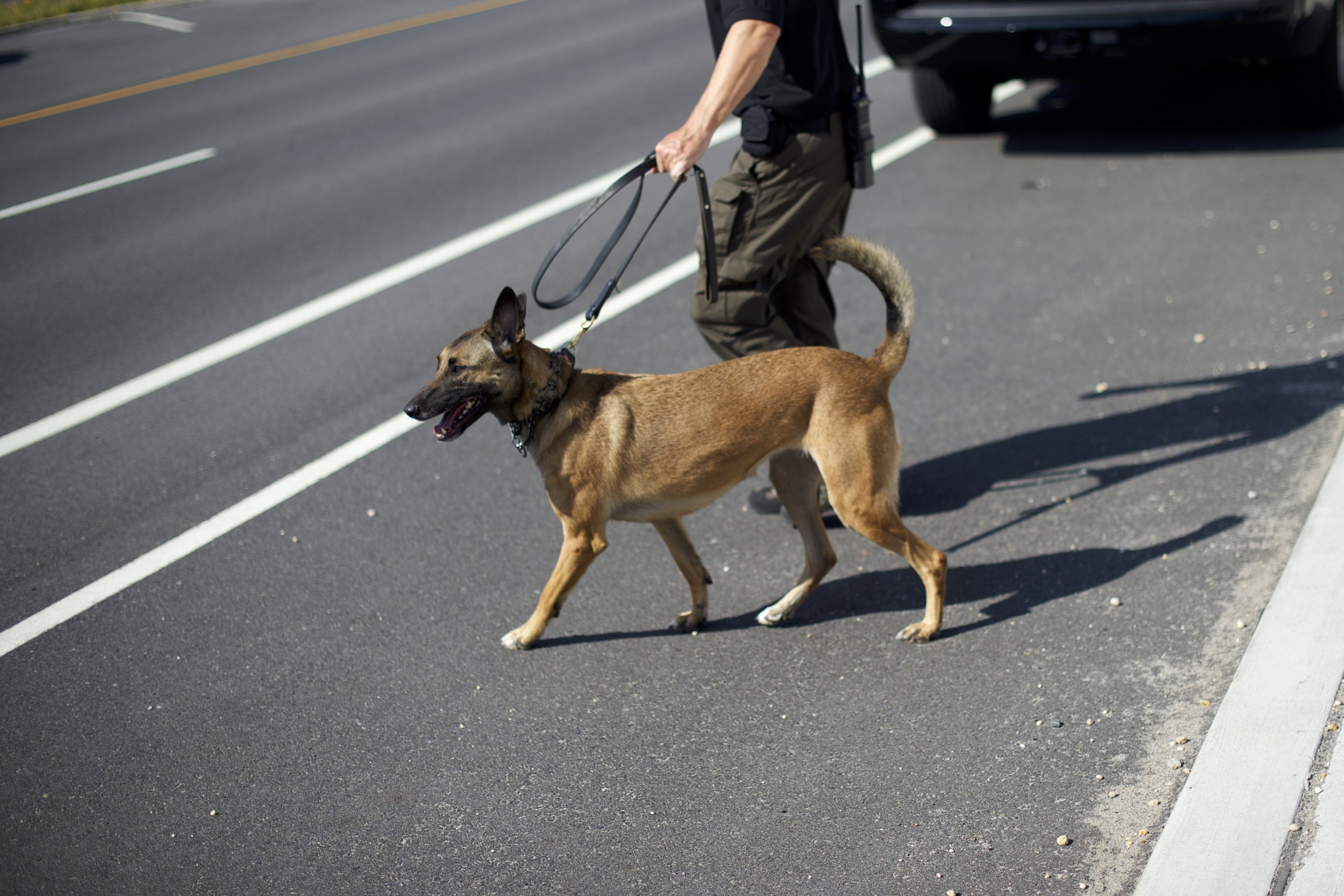AFP
Russia accused Ukraine at the UN’s top court Thursday of destroying a key dam with artillery strikes, and alleged that Kyiv was led by neo-Nazis — a claim Moscow has used to try to justify its invasion.
Moscow’s comments to judges at the International Court of Justice (ICJ) came as it denied wider allegations by Ukraine that Russia had breached terrorism laws by backing separatists in eastern Ukraine since 2014.
“Ukraine has declared that Russia blew up the large dam at Nova Kakhovka. In fact, it’s Ukraine that did it,” Russian diplomat Alexander Shulgin told the court in The Hague.
“The Kyiv regime not only launched massive artillery attacks against the dam on the night of June 6, but it also deliberately raised the water level of the Kakhovka reservoir to a critical level” by opening sluice gates at a hydroelectric plant beforehand, he said.
Shulgin, the Russian ambassador to the Netherlands, provided no evidence to the court to support his claims.
Kyiv has accused Russia of blowing up the dam in Russian-held southern Ukraine, causing huge floods.
Ukraine opened its formal arguments at the ICJ on Tuesday in a case that it first filed in 2017.
It branded Russia a “terrorist state” and said its support for rebels in eastern Ukraine was the precursor for Moscow’s full-scale invasion in February 2022.
Repeating allegations made by Russian President Vladimir Putin in an effort to justify last year’s invasion, Shulgin said Kyiv had “no moral authority” and was itself oppressing people in eastern Ukraine.
“This regime rose to power on the back of a violent coup in 2014 on the shoulders of nationalists who were the direct descendents of the Nazi collaborators in World War II,” Shulgin said.
The Russian envoy said Ukraine’s current government had “neo-Nazis” in key posts including in the armed forces, accusing them of “brutal repression” in eastern Ukraine’s Donbas region.
Putin said one of the goals of his “special military operation” was the “de-Nazification” of Ukraine, and supporters of the invasion have frequently compared Ukraine’s treatment of Russian speakers in the country to the actions of Nazi Germany.
The claims have been contested by the Ukrainian government and the country’s Jewish community.
A verdict by the ICJ, which was created after World War II to deal with disputes between UN member states, is not expected for months or even years.

